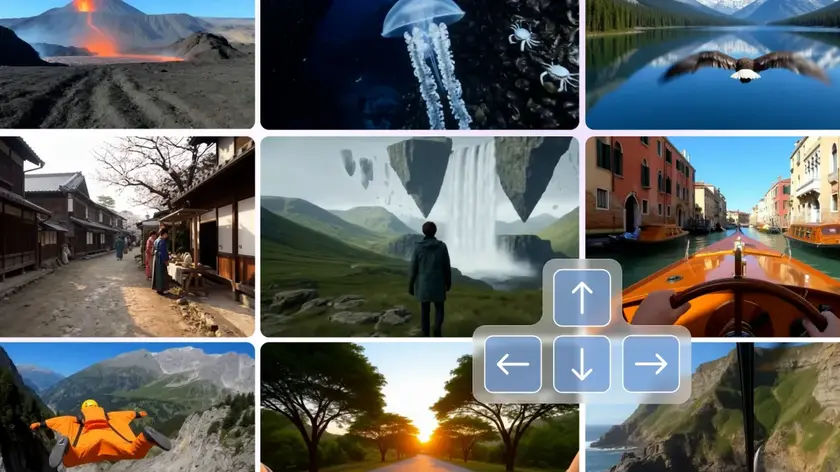T4K3.news
Google DeepMind launches Veo 2 AI video generator
Veo 2 aims to compete with OpenAI's Sora in video generation technology.
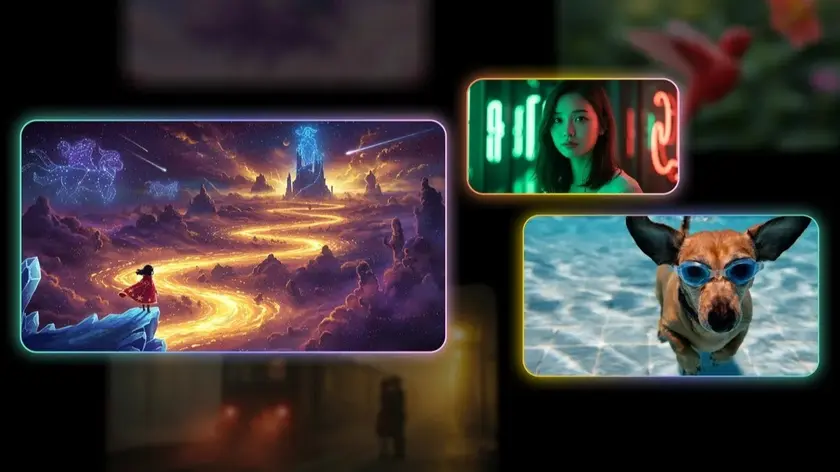
Google's new Veo 2 aims to compete fiercely with OpenAI's video generation capabilities.
Google DeepMind strengthens AI video generation with Veo 2
Google DeepMind has launched Veo 2, a cutting-edge AI video generation tool designed to compete with OpenAI's Sora. The updated model allows for video creation of more than two minutes at a resolution of 4K. Users can access Veo 2 through VideoFX, currently in limited release. While the tool shows promise, it still has limitations, producing videos of only 720p at this stage. Improvements in physics understanding and camera controls are noteworthy, leading to sharper visuals. However, mishaps in the footage indicate that AI has not yet achieved perfection. The introduction of an embedded watermark aims to tackle misinformation, though it may not be widely recognized by users. Additionally, Veo 2 will be integrated into YouTube Shorts next year, expanding its reach as competition with OpenAI escalates.
Key Takeaways
"Veo 2 can produce clips longer than two minutes, with a resolution of 4K."
This highlights Veo 2's advancements over previous models, showcasing improved capabilities.
"The tool shows promise, but still has limitations."
This statement reflects the ongoing challenges in AI development despite significant improvements.
"AI has not yet achieved perfection."
This serves as a reminder that while technology has progressed, human expertise remains irreplaceable.
"Most people probably aren't checking for that watermark before sharing a video."
This underlines a critical issue in the spread of AI-generated misinformation.
Veo 2 signifies an important milestone in the rivalry between tech giants Google and OpenAI. As the demand for high-quality, AI-generated content rises, both companies are pushing the boundaries of technology. Google's integration of Veo 2 into platforms like YouTube suggests a strategic move to harness vast user engagement. However, the enthusiasm around these advancements should be tempered with caution. The prevalence of misinformation associated with AI-generated content remains a pressing issue, highlighting the need for users to critically assess the authenticity of the media they consume.
Highlights
- Veo 2 positions Google to lead in video AI.
- AI-generated content must be scrutinized for misinformation.
- Veo 2's upgrades mark a leap forward in video tech.
- The race between Google and OpenAI is heating up.
Concerns over misinformation in AI-generated videos
With the rapid rollout of AI video tools like Veo 2, there is a heightened risk of misinformation spreading as users may not notice watermarks indicating AI generation.
As AI technology advances, careful consideration of its implications becomes increasingly necessary.
Enjoyed this? Let your friends know!
Related News
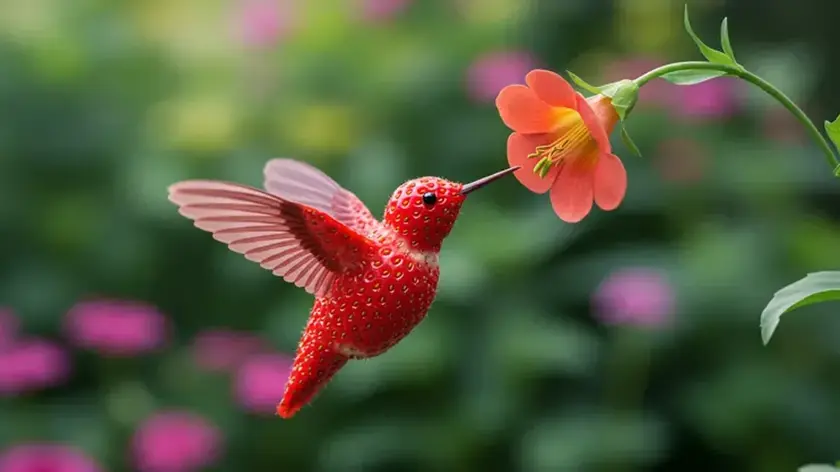
Google launches Veo 2 video generator
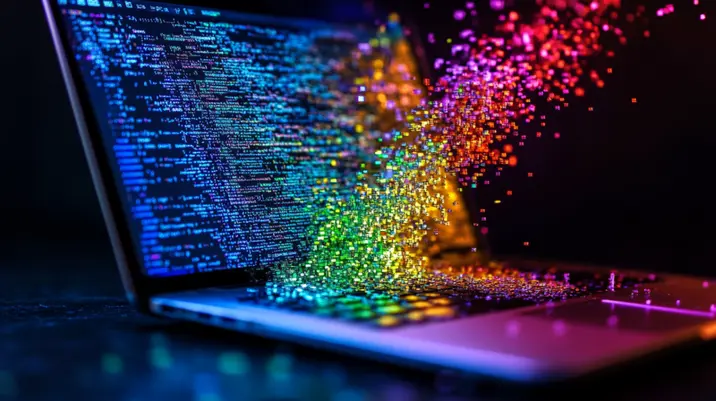
Google reveals AI advancements at I/O 2025
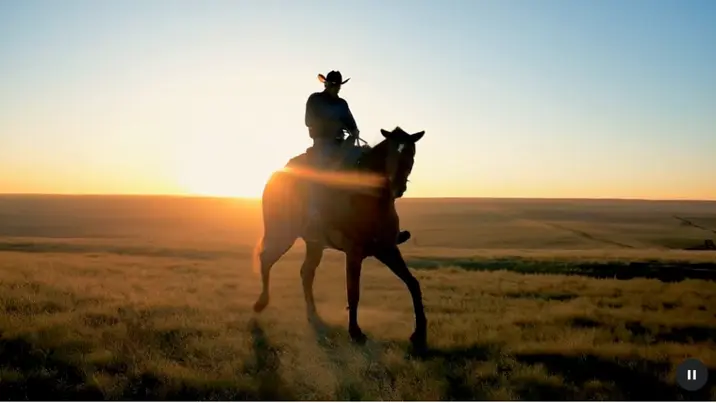
Google Cloud launches Veo AI video generator model
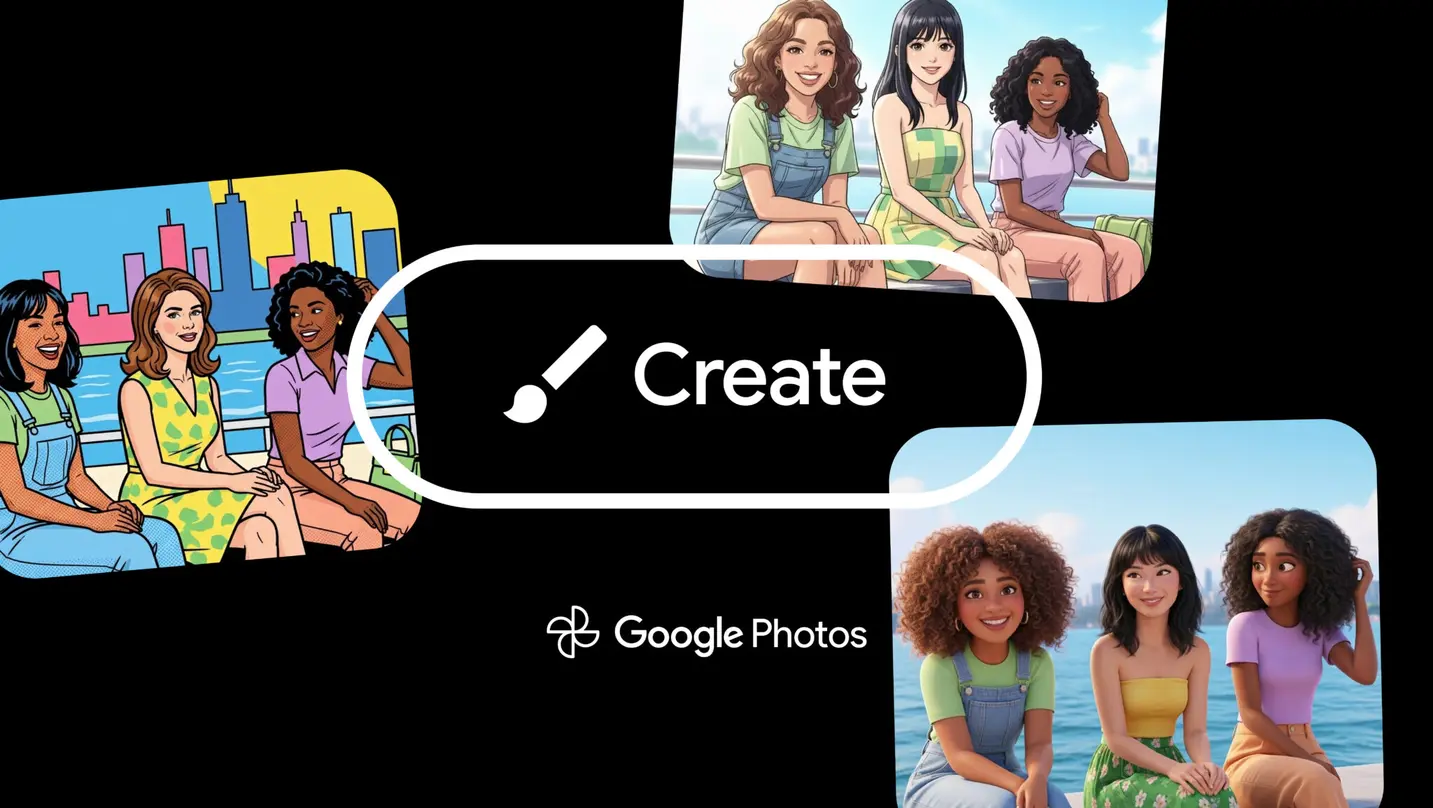
Google introduces AI tools for video creation
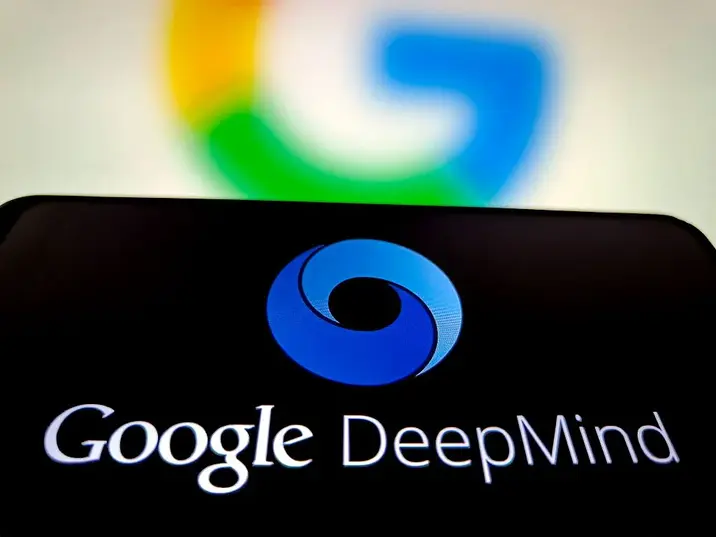
DeepMind introduces Genie 3 as a breakthrough in artificial intelligence
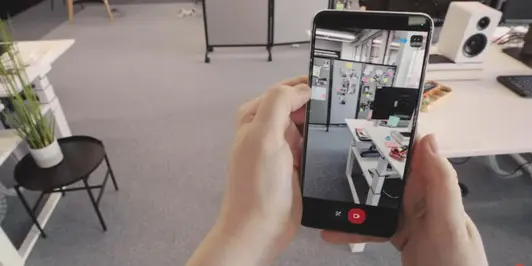
Google debuts Project Astra AI prototype
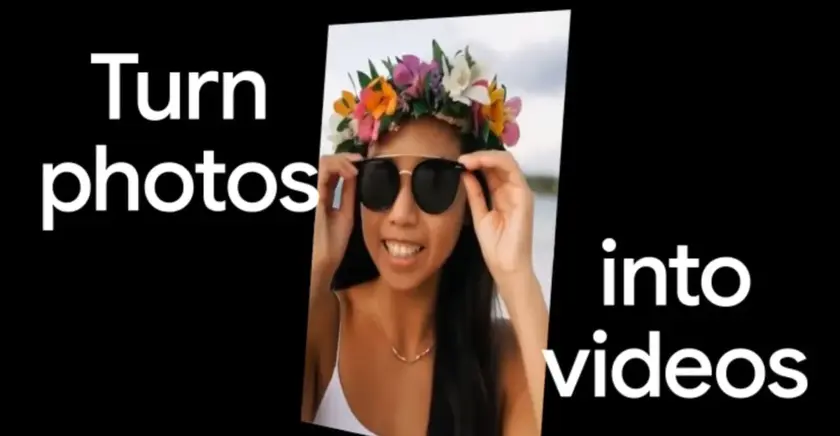
Google launches AI photo-to-video tools
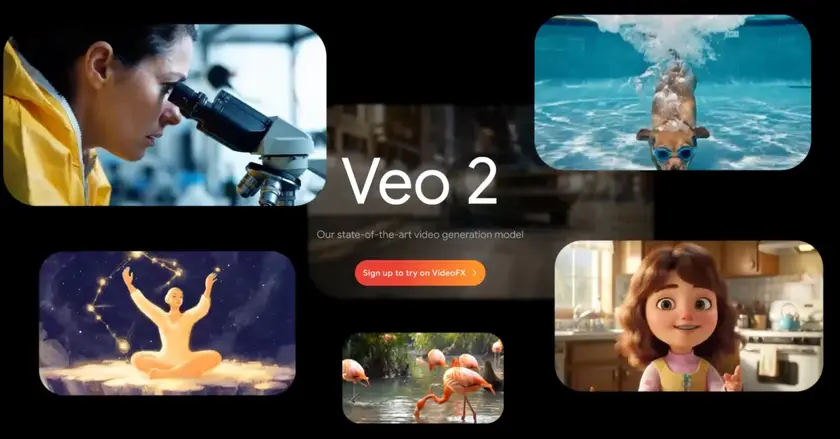
Google announces Veo 2 video model
